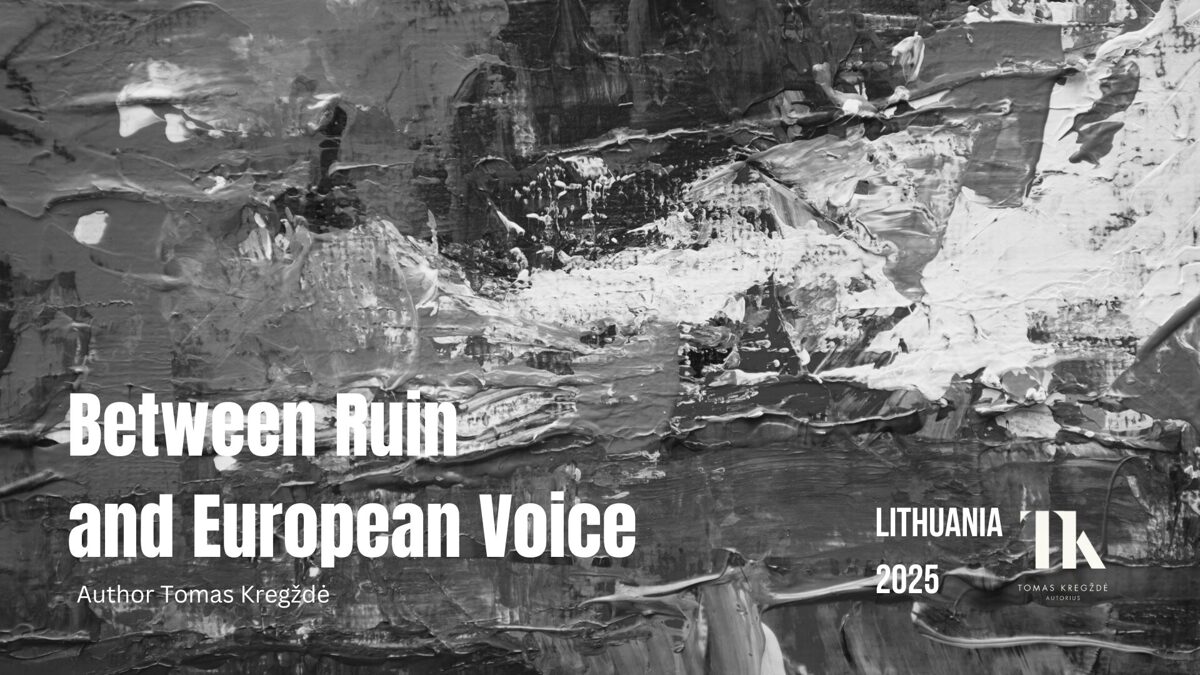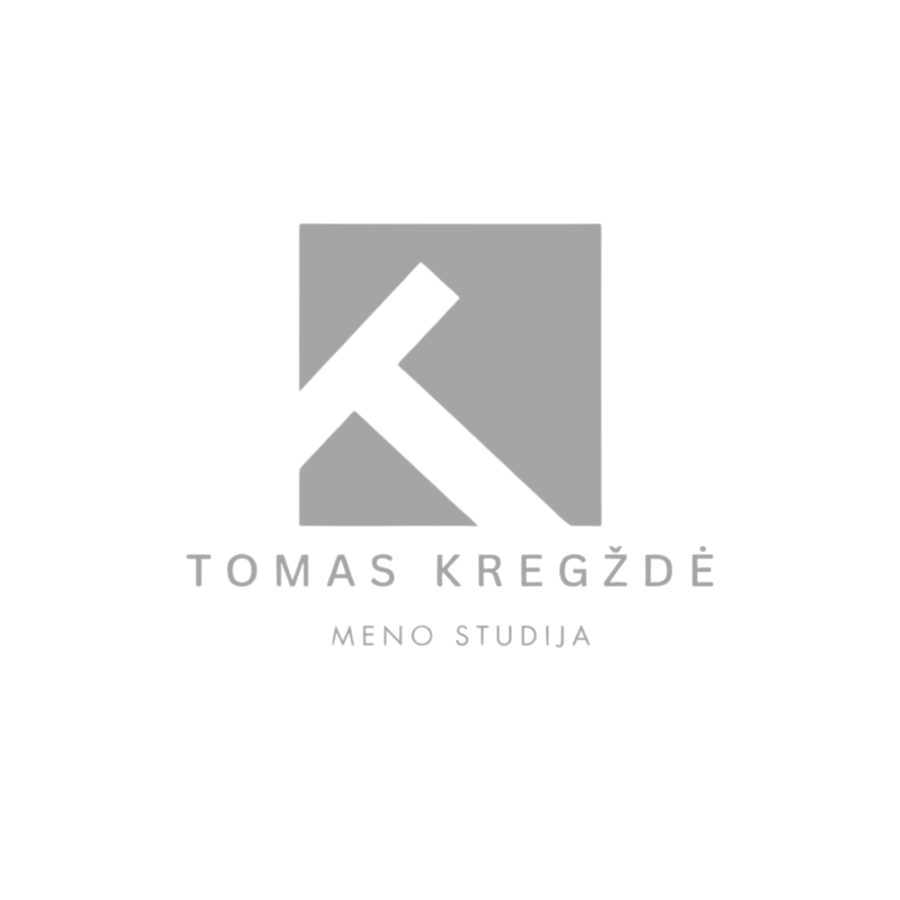Between Ruin and European Voice

The Ground That Remembers
The terrain beneath the feet in Lithuania, Latvia, and Estonia—and throughout much of Central and Eastern Europe—is not neutral; it is a complex mosaic overlaid by decades of ideological warfare. For nearly fifty years, the public face of these nations was an imperial forgery, a meticulously constructed narrative imposed by the Russian and Soviet regimes. This was far more than political occupation; it was cultural colonization, a systematic attempt to erase authentic national identity, suppress language, rewrite history, and substitute local aesthetic values with the monolithic doctrine of Socialist Realism.
Now, a generation removed from formal independence, the essential struggle is to complete the process of decolonization—a psychological, historical, and artistic reckoning that seeks to restore the nation’s uncompromised voice on the European stage.
The current cultural moment is defined by the need to confront dissonant heritage—the Soviet-era architecture, monuments, and institutional structures that remain physical testaments to the occupation. These ruins are not just historical artifacts; they are active agents of memory that complicate national healing. The immense challenge for Baltic and Eastern European intellectuals and artists is to undertake this profound cultural repair, transforming these toxic residues into evidence of resilience, thereby strengthening the collective European commitment to democratic memory. This exploration details the precise ways art, architecture, and scholarship are being deployed in this critical struggle for self-definition.
Unearthing the Authentic Archive: From Silence to Testimony
The first and most critical front in the decolonial battle is the reclamation of the historical archive. The Soviet apparatus specialized in weaponizing memory, censoring facts, and destroying narratives that contradicted the state's official line of "liberation" and "friendship." The result was an identity of gaps, where official state history clashed dramatically with the personal, whispered truths passed down through families—the stories of the deportations (tremendum), the forest guerilla fighters, and the subtle acts of cultural non-compliance.
Contemporary Baltic art and cultural research are now focused on elevating these marginalized voices into the official public sphere. This involves moving beyond the compromised state documents and prioritizing oral history, photography, and personal testimony. For instance, researchers in Lithuania and Latvia have initiated extensive projects to digitize and publicly exhibit the personal letters, diaries, and court transcripts of those exiled to Siberia. Artists often transform this raw historical data into powerful installations. A powerful example is the use of thousands of printed names or faces of the deported, often displayed in stark contrast to the imposing Soviet-era architecture—such as projecting these images onto the side of a former KGB headquarters. This act of placing private, verifiable suffering into the public arena serves as a crucial act of collective mourning and recognition, effectively filling the emotional voids left by decades of state-sponsored amnesia. By insisting on the emotional and historical weight of the local, personal story, this work challenges the very concept of monolithic, authoritarian history, providing a model for other post-colonial European societies.
The Visual Reckoning: Subverting the Imperial Aesthetic
The debate over the physical remnants of the Soviet era—the monuments, the massive Socialist Realist sculptures, and the standardized housing blocks—is often misunderstood in Western Europe as simple vandalism or ideological cleansing. It is, in fact, a nuanced confrontation with material propaganda. The Soviet state used architecture and monumental sculpture to project dominance, ensuring that the citizen constantly lived within a visual field dictated by the regime's power structure.
Artists and cultural commentators are employing visual reckoning to subvert these imperial structures rather than simply erase them. In Vilnius and Riga, the conversation around retaining or removing certain sites (such as the former statues on Vilnius's Green Bridge or specific Soviet-era war memorials) led to powerful artistic interventions.
The European Voice Against Authoritarian Memory
The significance of Baltic decolonization efforts extends far beyond national borders; it serves as a critical ethical anchor for the wider European project. For decades, the dominant cultural memory in Western Europe often focused primarily on the trauma of the Western front and Nazism, frequently viewing the East through the reductive lens of the Cold War. This perspective often minimized the specific, brutal reality of Soviet colonization and cultural suppression faced by the satellite states and occupied nations.
Today, the work of Baltic artists, historians, and policymakers—who insist on the term "colonialism" to define the Soviet relationship—is actively contributing to the pluralization of European memory. By rigorously documenting and sharing the experiences of occupation, deportation, and the systemic destruction of identity, these nations challenge a historical framework that often glosses over the crimes of totalitarian communism.
Final Words: Sovereignty in the Fragment
The process of decolonization is not a singular event but a continuous commitment—a vigilant remembering that requires constant artistic and intellectual labour. The final victory is not simply the removal of an imperial symbol, but the restoration of unquestioned cultural agency—the collective right to look at one’s own history, define one’s own aesthetic, and speak one’s own truth without the shadow of the oppressor. Through the meticulous work of unearthing the authentic archive and the courageous act of transforming aesthetic ruin into critical art, the national identity moves from a position of post-colonial fragility to one of European wholeness, where the past is confronted, and the future is truly sovereign.
#DecolonialMemory #BalticIdentity #EuropeanHeritage #PostSovietArt #CulturalSovereignty #AgainstAuthoritarianism #ReclaimingHistory
